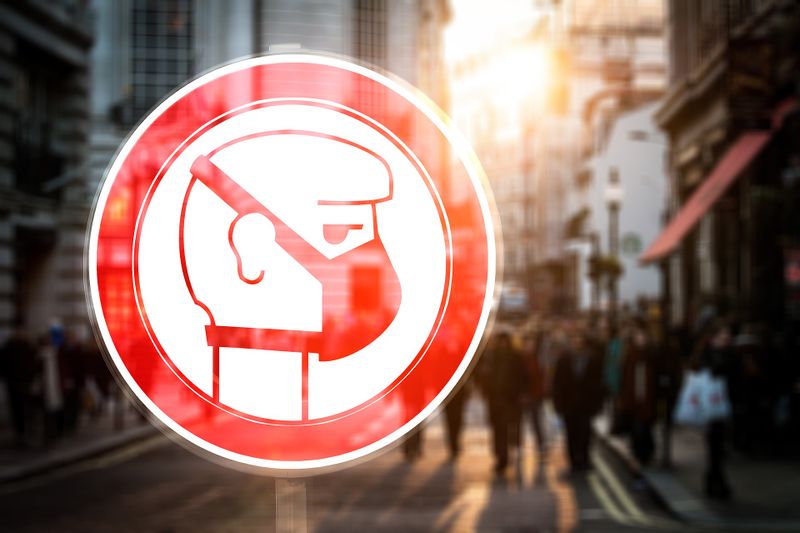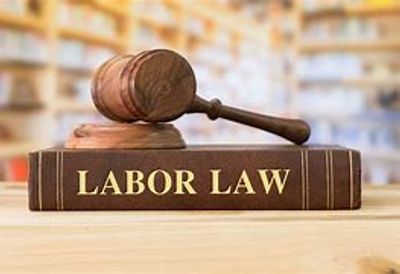Update from Cal/OSHA: COVID-19 Prevention Non-Emergency Regulations In Effect Now

February 6, 2023
As we reported at the end of 2022, the California Division of Occupational Safety and Health (Cal/OSHA) Standards Board adopted its COVID-19 Prevention Non-Emergency Regulations that had previously been in effect from the outset of the pandemic as emergency temporary standards. Now with their approval by the Office of Administrative Law (OAL) on February 3, 2023, the non-emergency regulations are in effect starting immediately and continuing through February 3, 2025 (though recordkeeping requirements are in effect until February 3, 2026).
Here are some highlights that employers should keep in mind:
- COVID Workplace Written Procedures: Employers can log their COVID-19 workplace measures within their written Injury and Illness Prevention Program (IIPP) or in a separate document. An effective IIPP must be maintained that covers COVID-19 as a workplace hazard and includes procedures to prevent workplace transmission, employee training, and means for responding to COVID-19 cases at the workplace. Employers are legally required to provide and maintain a safe and healthful workplace for employees, including the prevention of COVID-19 exposure.
- Close Contact Definition: The definition of close contact focuses on the size of the workplace, as provided in the California Department of Public Health (CDPH) State Public Health Officer Order.
- For indoor spaces of 400,000 or less cubic feet per floor, close contact is defined as sharing the same indoor airspace as a COVID-19 case for a cumulative total of 15 minutes or more over a 24-hour period during the COVID-19 case’s infectious period as defined by this section, regardless of the use of face coverings.
- For indoor spaces of greater than 400,000 cubic feet per floor, close contact is defined as being within six feet of the COVID-19 case for a cumulative total of 15 minutes or more over a 24-hour period during the COVID-19 case’s infectious period, as defined by this section, regardless of the use of face coverings.
- Offices, suites, rooms, waiting areas, break or eating areas, bathrooms, or other spaces that are separated by floor-to-ceiling walls shall be considered distinct indoor spaces.
- Infectious Period Definition: Employers should also refer to this same State Public Health Officer Order for the definition of infectious period.
- COVID Testing: Employers must offer free COVID-19 testing during employees’ paid time, regardless of vaccination status to all close contact employees who are not returned cases.
- Ventilation: For indoor areas, employers must follow the relevant CDPH guidance to put into practice usable measures to counteract the spread of COVID-19 through enhanced filtration and/or ventilation.
Employers can take advantage of Cal/OSHA’s helpful resources to understand the COVID-19 Prevention Regulations. The COVID-19 Prevention Resources webpage contains a fact sheet, FAQs and an updated model program. Also, Cal/OSHA’s Consultation Services Branch provides free and voluntary support to employers for improving their worker health and safety programs by calling (800) 963-9424.
Rosasco Law Group APC continues to monitor these and all other areas of employment law. If you have questions as to how to incorporate these new standards into your workplace IIPP or for any other concerns you may have, please give our office a call today.
Disclaimer: The information provided on this website does not, and is not intended to, constitute legal advice; instead, all information, content, and materials available on this site are for general information purpose only. Information on this website may not constitute the most up-to-date legal or other information. You should always consult an experienced attorney if you have any questions about your business, policies, or your particular circumstances.




